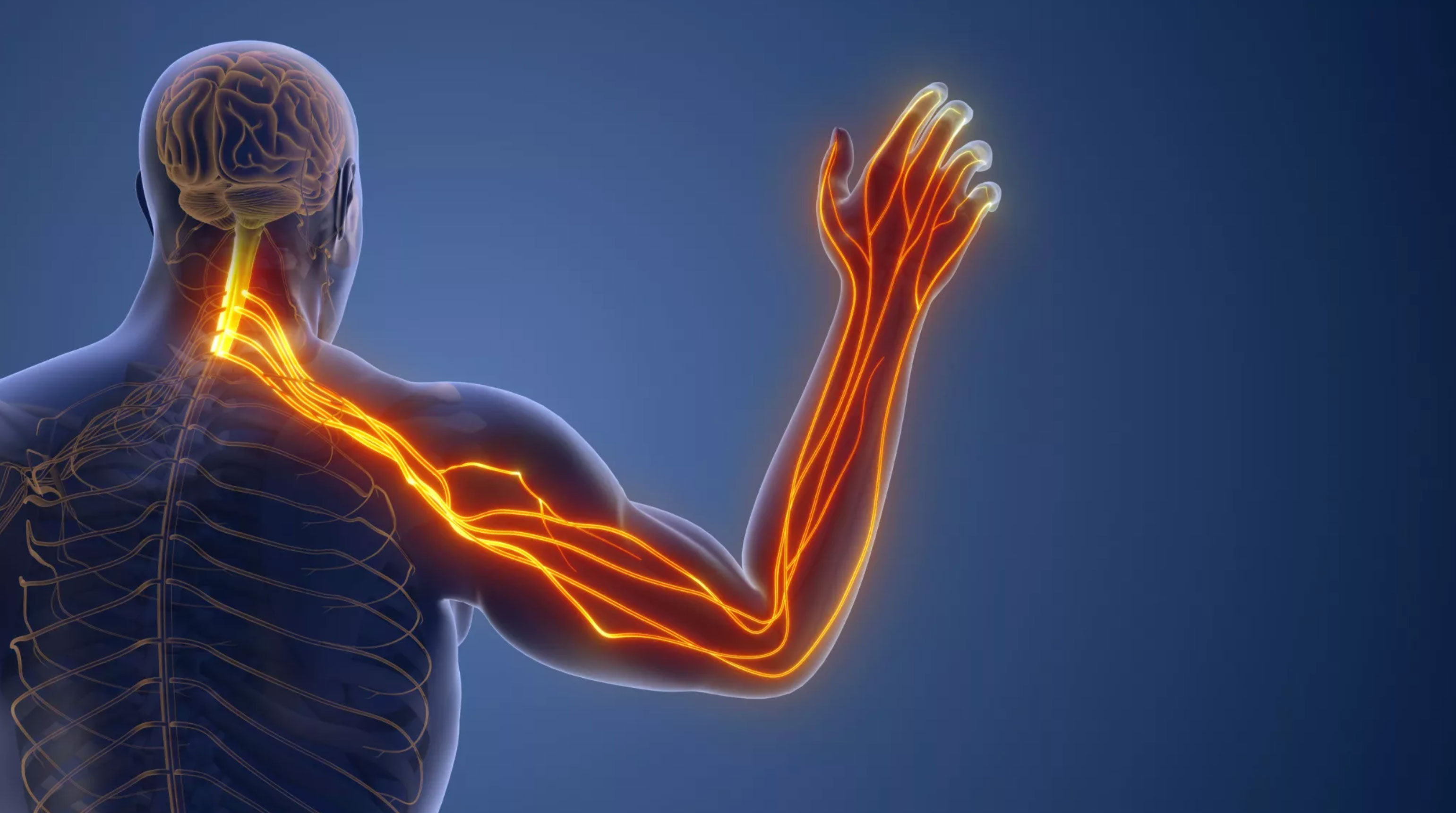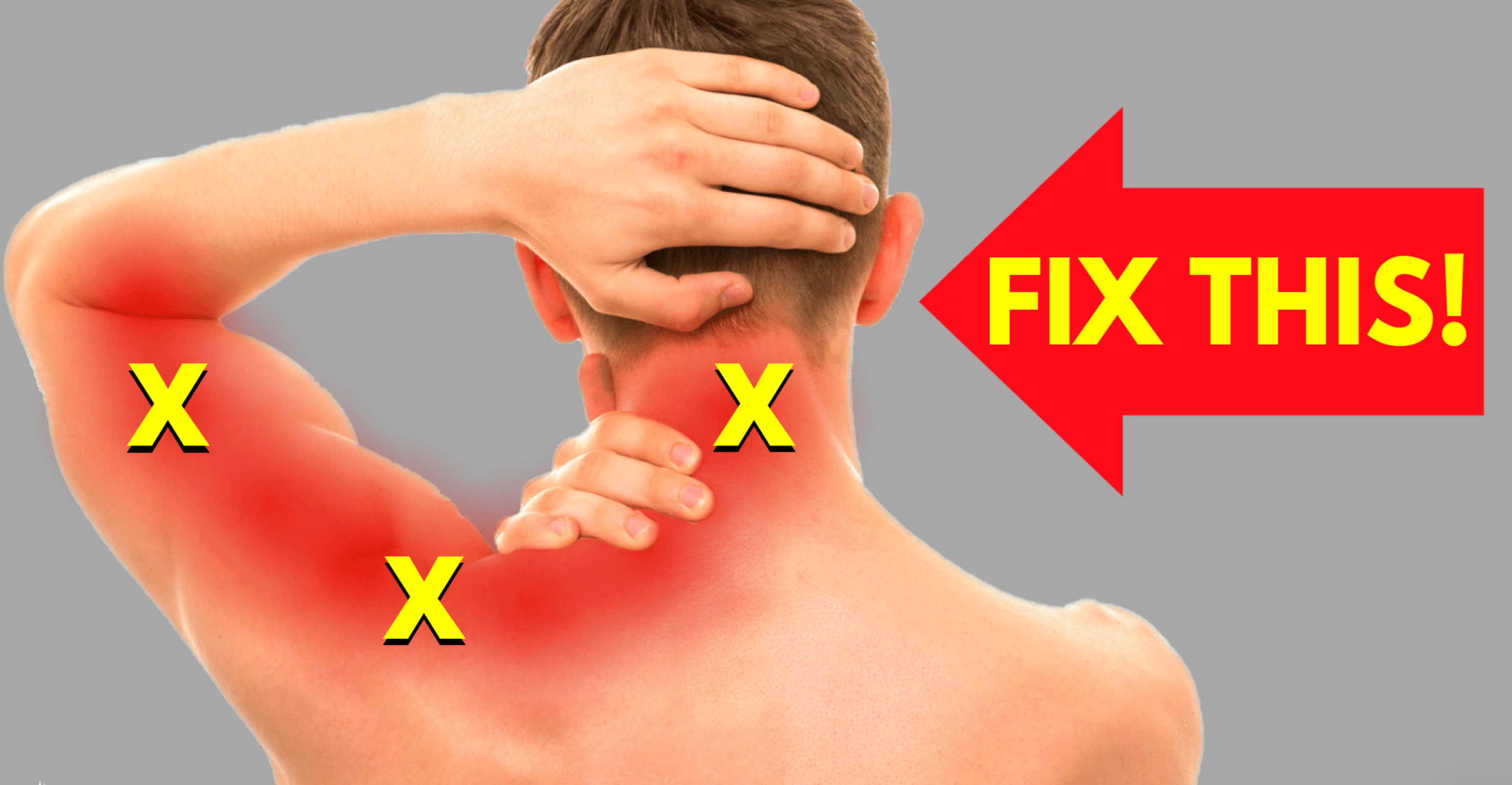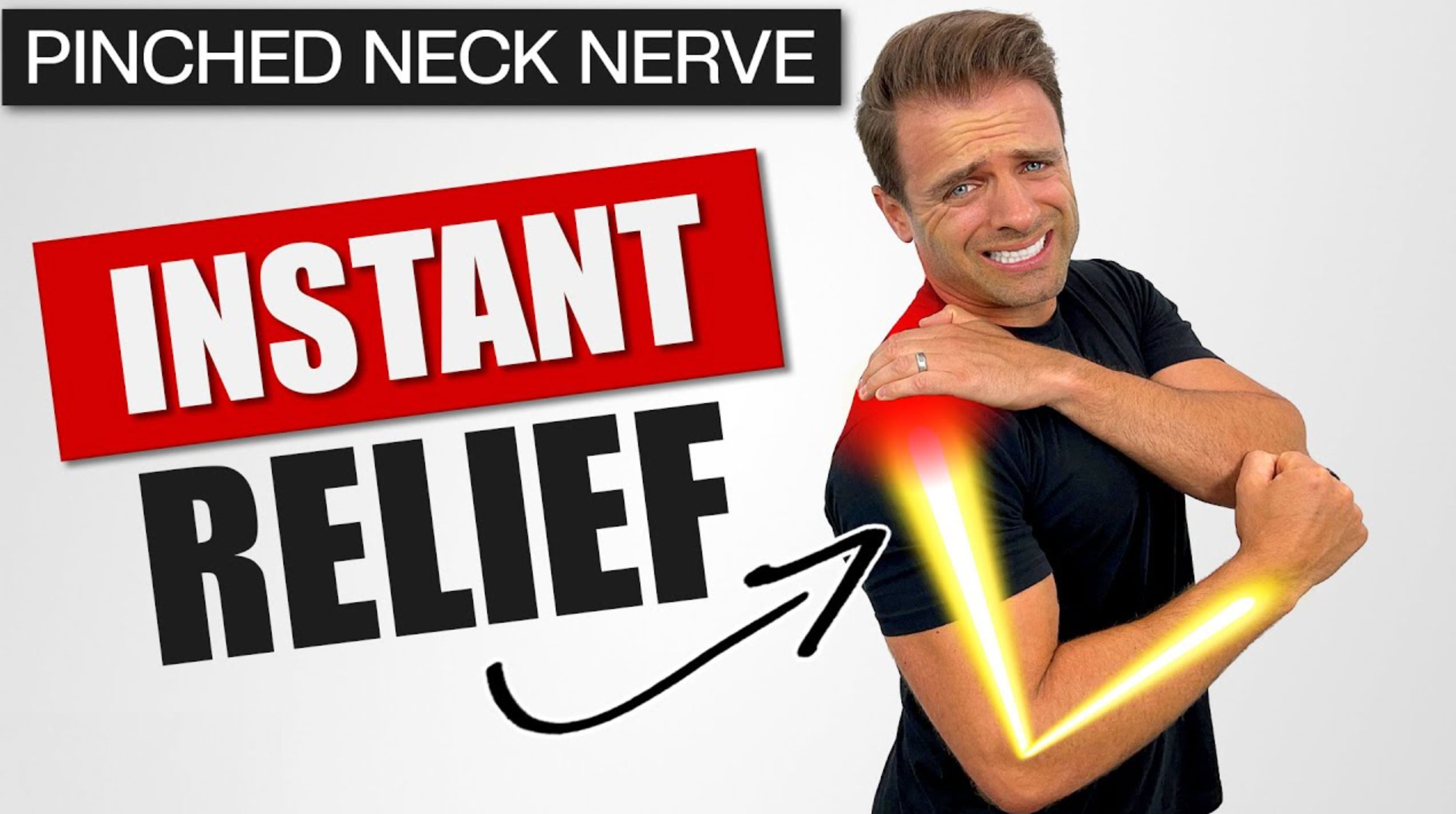A pinched nerve can disrupt your day with pain, numbness, or weakness. Whether it stems from a neck strain, back problem, or repetitive motion, it’s important to recognize the symptoms and know how to address them. In this guide, we answer common questions like 'how does a pinched nerve happen,' 'how long do pinched nerves last,' and 'does a pinched nerve go away?' We’ll also discuss effective treatments, including using heat or ice for pinched nerve relief.
How Does a Pinched Nerve Happen?

A pinched nerve occurs when surrounding tissues such as bones, cartilage, muscles, or tendons apply excessive pressure on a nerve. This pressure disrupts the nerve's function, causing symptoms like tingling, pain, or weakness. Common causes include injury, repetitive stress, poor posture, arthritis, or conditions like herniated discs. Understanding how does a pinched nerve happen helps prevent future cases and provides insight into potential treatment options.
Signs and Symptoms of a Pinched Nerve

Recognizing a pinched nerve early is key to effective treatment. Common symptoms include sharp or burning pain, tingling sensations (commonly described as 'pins and needles'), muscle weakness, and numbness in the affected area. These symptoms often worsen during certain activities or even after long periods of rest. Noting the location of discomfort can help your physician identify the source and severity of the pinched nerve.
How Long Do Pinched Nerves Last?

If you’re wondering how long do pinched nerves last, the answer varies depending on the severity of the condition and effectiveness of treatment. Mild cases may resolve within a few days to a week with rest and basic care. More severe or chronic conditions could take several weeks or even months. Seeing a healthcare provider is important for prolonged symptoms or worsening pain.
Does a Pinched Nerve Go Away on Its Own?

Many people ask, does a pinched nerve go away without intervention? In some cases, yes—especially if the cause is temporary or related to inflammation and minor compression. Rest, proper posture, and over-the-counter medications can help symptoms improve over time. However, if the nerve remains compressed for long periods, permanent damage can occur. That’s why it’s vital to seek medical advice if pain or discomfort persists.
Heat or Ice for Pinched Nerve: What’s Better?

When dealing with discomfort, one common question is: heat or ice for pinched nerve—what works best? Both can be helpful. Ice is recommended during the first few days to reduce inflammation and numb the pain. Heat, on the other hand, can be effective after the initial inflammation phase, relaxing tight muscles and promoting blood flow. Alternating between heat and ice can also yield relief, but consult a specialist for personalized advice.
Home Remedies to Ease Pinched Nerve Pain

In addition to ice and heat therapy, other home remedies can relieve a pinched nerve. These include gentle stretching, rest, ergonomic adjustments at work or home, over-the-counter pain relievers, and wearing supportive braces if necessary. Avoiding activities that worsen your symptoms gives the nerve a chance to heal. Incorporating low-impact exercises such as swimming or walking might also help with long-term recovery.
When to See a Doctor for a Pinched Nerve

If your symptoms persist beyond a week or worsen over time, it's time to consult a medical professional. Pain accompanied by muscle atrophy, loss of coordination, or bladder control issues could point to a serious condition that needs immediate attention. Your doctor might recommend physical therapy, medications, corticosteroid injections, or in some cases, surgery to relieve pressure on the nerve.
Preventing Future Pinched Nerves

Preventive care plays a major role in avoiding pinched nerves. Maintaining good posture, taking breaks from repetitive tasks, exercising regularly, and stretching your body can reduce your risk. If you have a sedentary job, ensure your workstation is ergonomically designed. Ongoing strength training and flexibility exercises can also support your spine and joints to prevent nerve compression in the future.
A pinched nerve can be painful and disruptive, but with timely care and the right treatment—such as alternating heat and ice, proper rest, and medical consultation—most people can recover effectively. Understanding how does a pinched nerve happen and knowing how long do pinched nerves last empowers you to respond quickly and protect your health. If you're unsure whether does a pinched nerve go away on its own, remember that early intervention is always best when managing nerve-related discomfort.


